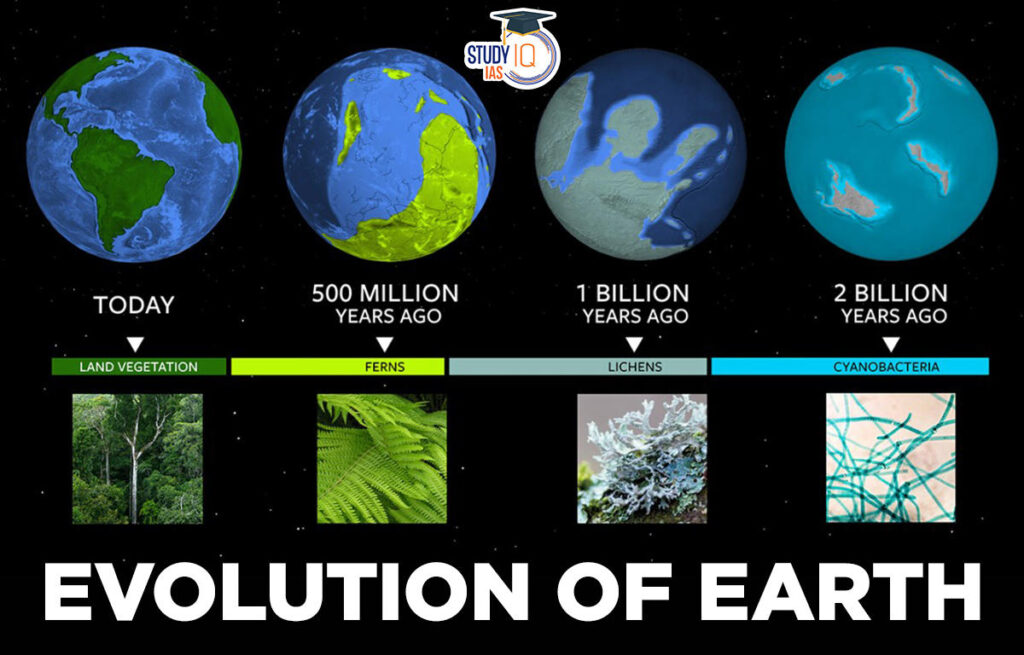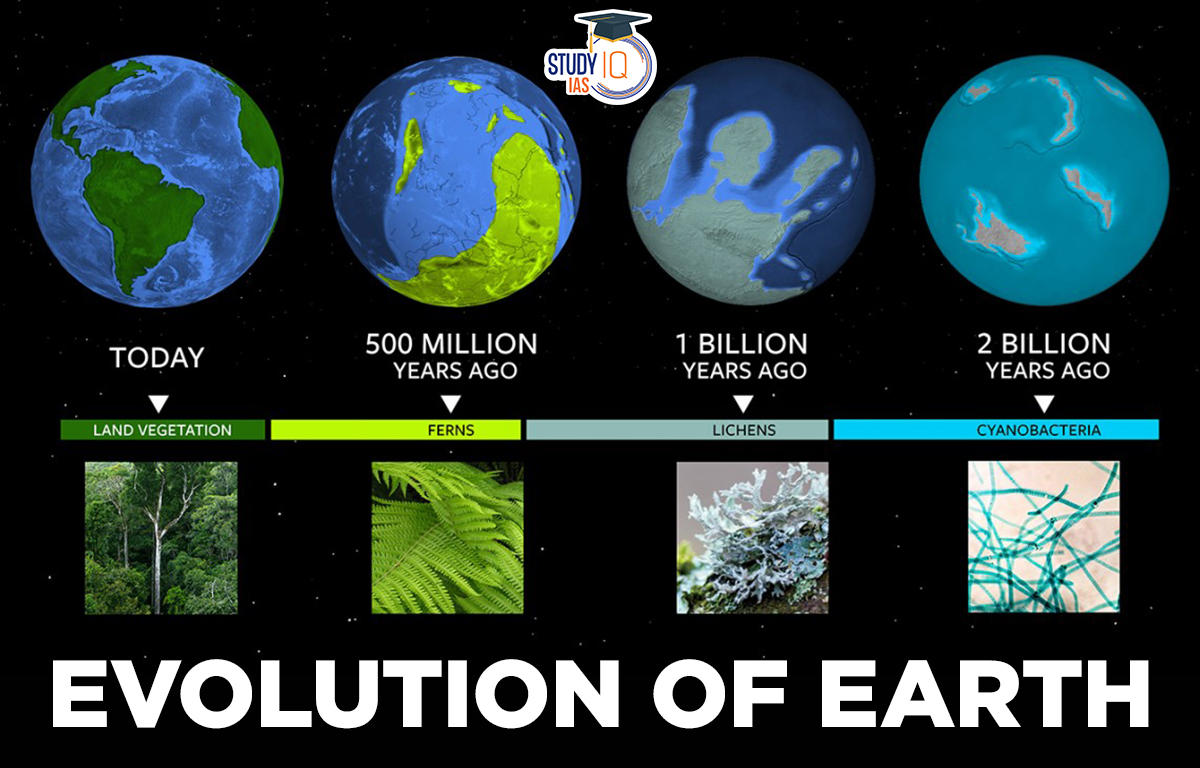
Exolition: Understanding the Rise of Online Relationship Termination
In the digital age, relationships are often initiated and cultivated online. However, the same digital landscape that fosters connections can also facilitate their abrupt and impersonal termination. This phenomenon, known as exolition, describes the act of ending a romantic relationship through digital means, often without direct communication or a clear explanation. This article delves into the nuances of exolition, exploring its various forms, psychological impacts, contributing factors, and potential coping strategies.
What is Exolition?
Exolition is a portmanteau of “ex” (former partner) and “demolition” (sudden destruction). It encompasses a range of behaviors, from simply blocking someone on social media to sending a breakup text message, or even changing relationship statuses without prior discussion. The key element is the lack of face-to-face interaction and the often-ambiguous nature of the breakup. Unlike a traditional breakup conversation, exolition leaves the recipient feeling confused, hurt, and without closure.
Forms of Exolition
- Ghosting: Perhaps the most well-known form of exolition, ghosting involves abruptly cutting off all communication with someone without explanation. The ghosted individual is left to grapple with the sudden silence and uncertainty about the relationship’s status.
- Blocking: Blocking someone on social media, messaging apps, and phone services is a direct form of exolition. It prevents any further contact and sends a clear, albeit impersonal, message of rejection.
- Unfriending/Unfollowing: While seemingly less drastic, unfriending or unfollowing someone on social media can be a precursor to or a form of exolition. It signals a desire to distance oneself from the other person’s online presence.
- Text Message Breakup: Breaking up via text message is another common form of exolition. It lacks the intimacy and respect of a face-to-face conversation and can be particularly hurtful if the relationship was significant.
- Social Media Status Change: Changing a relationship status on social media without prior discussion can be a passive-aggressive form of exolition. It publicly announces the end of the relationship without providing any explanation to the other person.
The Psychological Impact of Exolition
Exolition can have significant psychological consequences for the recipient. The lack of closure and the impersonal nature of the breakup can lead to feelings of confusion, rejection, and low self-esteem. Studies suggest that being ghosted, a common form of exolition, can be particularly damaging to mental health.
Feelings of Ambiguity and Uncertainty
One of the most challenging aspects of exolition is the ambiguity it creates. Without a clear explanation for the breakup, the recipient is left to speculate about what went wrong. This uncertainty can lead to rumination, anxiety, and difficulty moving on.
Reduced Self-Esteem and Confidence
Being rejected in such an impersonal way can significantly impact self-esteem and confidence. The recipient may internalize the rejection and question their worthiness of love and affection. Exolition can make an individual feel disposable and unimportant.
Difficulty with Trust
Experiencing exolition can erode trust in future relationships. The recipient may become hesitant to invest emotionally in new connections, fearing that they will be abandoned in a similar manner. This can lead to relationship anxiety and difficulty forming secure attachments.
Factors Contributing to Exolition
Several factors contribute to the rise of exolition in modern relationships. The anonymity and ease of communication afforded by the internet can make it easier for people to avoid difficult conversations and end relationships in an impersonal way. Furthermore, the hookup culture and the abundance of dating options can contribute to a sense of disposability, making it easier to move on to the next potential partner without investing in proper closure.
The Convenience of Digital Communication
Digital communication makes it easier to avoid confrontation and difficult conversations. It is often easier to send a text message or block someone online than to have a face-to-face discussion about the relationship. This convenience can contribute to the rise of exolition.
Fear of Confrontation
Some individuals may engage in exolition out of fear of confrontation. They may lack the communication skills or emotional maturity to have a difficult conversation about the relationship. Avoiding confrontation can seem like the easier option, even if it is ultimately more hurtful to the other person.
Hookup Culture and Disposable Relationships
The hookup culture and the abundance of dating options can contribute to a sense of disposability. When there are seemingly endless potential partners available, it can be easier to move on to the next person without investing in proper closure. This can lead to a lack of empathy and a willingness to engage in exolition.
Lack of Emotional Maturity
Exolition can also be a sign of emotional immaturity. Individuals who engage in this behavior may lack the empathy, communication skills, and emotional regulation necessary to handle difficult relationship situations in a mature and respectful manner. They may prioritize their own comfort and convenience over the feelings of their partner.
Coping Strategies for Dealing with Exolition
Dealing with exolition can be a challenging experience, but there are several coping strategies that can help. It is important to acknowledge your feelings, seek support from friends and family, and focus on self-care. Additionally, it can be helpful to avoid dwelling on the situation and to focus on moving forward.
Acknowledge Your Feelings
The first step in coping with exolition is to acknowledge your feelings. It is okay to feel hurt, angry, confused, or sad. Allow yourself to experience these emotions without judgment. Suppressing your feelings can prolong the healing process.
Seek Support from Friends and Family
Talking to friends and family can provide valuable support and perspective. Share your feelings with trusted individuals who can offer empathy and understanding. They can help you process the experience and regain a sense of perspective.
Focus on Self-Care
Engaging in self-care activities can help you cope with the emotional distress of exolition. Prioritize activities that bring you joy and relaxation, such as exercise, spending time in nature, or pursuing hobbies. Taking care of your physical and emotional well-being can help you heal and move forward.
Avoid Dwelling on the Situation
While it is important to acknowledge your feelings, it is also important to avoid dwelling on the situation. Ruminating on what went wrong can prolong the healing process and increase feelings of anxiety and depression. Focus on the present and future rather than dwelling on the past.
Set Boundaries and Move Forward
After experiencing exolition, it is important to set boundaries for future relationships. Reflect on what you learned from the experience and identify what you need in a healthy relationship. Focus on moving forward and building new connections with people who value and respect you. Remember that exolition is a reflection of the other person’s behavior, not your worth.
Conclusion
Exolition is a growing phenomenon in the digital age, reflecting the changing dynamics of modern relationships. While it can be a painful and confusing experience, understanding its causes and consequences can help individuals cope and move forward. By acknowledging your feelings, seeking support, and focusing on self-care, you can heal from exolition and build healthier relationships in the future. The rise of exolition highlights the need for greater emotional maturity and communication skills in the digital age, encouraging individuals to prioritize respect and empathy in their relationships. Ultimately, recognizing the impact of exolition is the first step towards fostering more meaningful and fulfilling connections.
[See also: The Impact of Social Media on Relationships]
[See also: Signs of an Unhealthy Relationship]
[See also: How to Build a Stronger Relationship]

